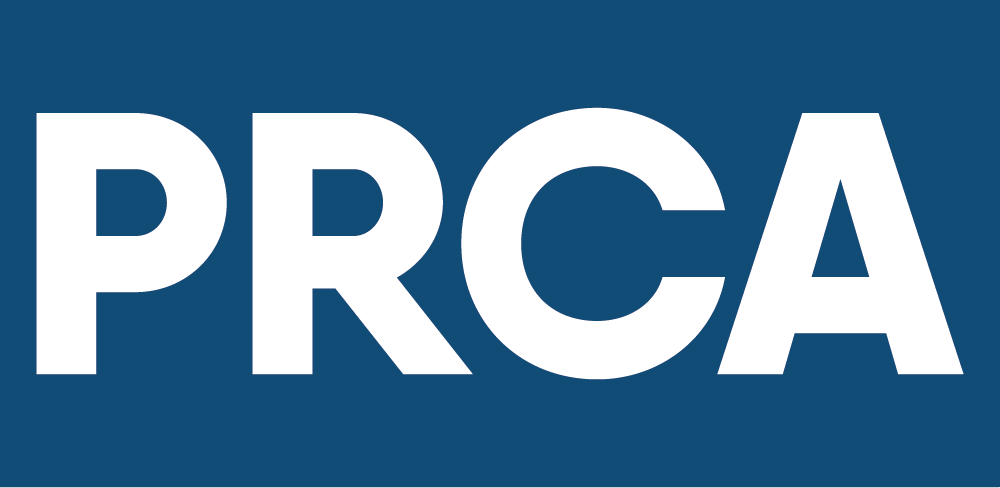WE BREAK TOO: THE SILENT PTSD EPIDEMIC IN HUMANITARIAN WORK
Three seconds. That's how long it takes for the sound of an incoming shell to rewrite your nervous system forever. The first time an airstrike rattles your bones in Sana'a. The metallic taste of fear when a car bomb detonates in Erbil. The ominous buzz of a drone circling over Kyiv. These moments don't just pass through you - they become part of you. Working in Yemen, Libya, Iraq, Ukraine - it's not a job. It's an irreversible transformation.
THE WAR COMES HOME WITH YOU: You're not imagining it. The numbers confirm what your body knows: 1 in 3 of us will develop PTSD symptoms. 4 in 5 will never get proper treatment. The loneliness is unbearable. Well-meaning friends say, "But you knew what you signed up for." Colleagues suggest you're "too emotional." Even your own brain taunts you: "Why can't you just get over it?"
You master the art of functioning while your nervous system screams danger. You learn to prioritize others when every instinct demands self-preservation. But here's the cruel truth they never prepare you for: when you finally leave the conflict zone, the war leaves with you.
It's in the way:
• Fireworks transform from celebration to terror triggers
• Your bed becomes a battleground of night terrors
• Simple pleasures feel like betrayals to those you left behind
SELF-CARE ISN’T SOFT—IT’S HOW YOU STAY ALIVE: I've learned these lessons through blood, sweat and tears:
1. Your trauma is VALID: That panic attack in the supermarket? The hypervigilance in crowds?
These aren't weaknesses - they're your body's honest response to inhuman experiences.
2. Therapy is ARMOR: After Iraq, EMDR helped me process what talking couldn't. In Ukraine's aftermath, somatic therapy released what my words couldn't express. Find professionals who speak the language of trauma.
3. Rest is RESISTANCE: We glorify burnout like it's a badge of honour. It's not. It's the fast track to losing yourself. Your ability to help others depends on helping yourself first.
4. Connection is LIFELINE: During a vacation, a thunderstorm sent me crawling into a closet - my body remembering Kyiv and Tripoli. That night, I called a fellow aid worker. No explanations needed.
5. Movement is MEDICINE: In basements under shelling, I'd do jumping jacks to quiet my shaking hands. Now, boxing helps me channel the adrenaline that never fully leaves.
DEMANDING BETTER - FROM OURSELVES AND OUR INDUSTRY: Studies show 30% of frontline humanitarian workers develop PTSD symptoms – double the rate of combat veterans. Yet less than 20% receive adequate care. Why do so many organisations send us into hell, only to abandon us when we return? Too many UN agencies, NGOs, and media outlets treat mental health support as an afterthought—if they acknowledge it at all. But change is possible. I’ve seen it firsthand with CANADEM, one of the few organisations that doesn’t just pay lip service to trauma support. They ensured:
• Mandatory psychological decompression after deployments—no exceptions.
• Real mental health coverage, including long-term therapy, not just a token 24/7 helpline number buried in an email.
• Peer support networks staffed by veterans who’ve been there—because no one understands the weight of war zones like those who’ve smelled burning rubble and carried survivors to safety.
This should be the standard, not the exception. If CANADEM can do it, why can’t the rest of the industry?
To every organisation sending people into crisis zones:
• Stop pretending a pre-deployment stress workshop is enough.
• Stop acting like PTSD is a personal failure rather than a systemic betrayal.
• Start funding real aftercare—not just because it’s ethical, but because your best people will walk away if you don’t.
When 30% of your workforce is carrying psychological wounds yet 80% go untreated, that's not compassion fatigue - that's professional malpractice. We risk our lives for these missions. The least you can do is fight for us when we come home.
TO THOSE STILL IN THE FIELD: I see you. The way you laugh too loud in briefing rooms to mask the shaking. Your dark humour that masks the pain. The way you lie to your family—“Everything’s fine”—because the truth would break them. The way you swallow your dread with black coffee and carry on.
The silent screams behind your professional composure.
You are not damaged goods. You are living proof that humanity persists in hell. That takes a strength no medal can honour.
THIS IS MY WAR CRY: This #MentalHealthAwarenessWeek, I’m not asking you to “raise awareness.”
I’m begging you:
• Speak your truth—even if your voice shakes.
• Reach out—even if it’s just a WhatsApp to a fellow survivor.
• Survive out loud—so others know they’re not alone.
The world may move on from conflicts. The numbers accumulate. And we learn to carry what cannot be left behind.
